Most of my non-detective friends don’t understand the nature of evidence. Many people simply don’t understand the basic categories of evidence and mistakenly think prosecutors need a particular kind of evidence to be successful. As it turns out, evidence falls into one of two categories: direct and indirect. Direct evidence is simply eyewitness testimony. Indirect evidence (also known as circumstantial evidence) is everything else. If you’re a detective or patrol officer, you know everything has the potential to be considered as evidence. In the many years I’ve been making criminal cases in the State of California, I’ve presented physical objects, statements, behaviors and much more to make my case. Take a look at the variety of evidences typically presented in criminal jury trials:
Forensic physical evidence
Non-forensic physical evidence
Where the victim was attacked
Where the victim wasn’t attacked
Items discovered at the crime scene
Items missing from the crime scene
Words the suspect said
Words the suspect failed to say
Something the suspect did
Something the suspect failed to do
I could go on and on, but are you starting to see the pattern? Everything has the potential to be part of an evidential case, depending on the nature of the case under consideration. Sometimes the simplest detail (something you might not typically think of as evidence) can make the case. I’ve successfully investigated cases prosecuted with nothing more than statements. These cases didn’t possess a single piece of physical evidence, yet the juries came back with a guilty verdict in less than 4 hours.
Why does this matter? When skeptics say the case for Christianity is weak because it can’t be built with scientific, testable, physical, forensic evidence, they simply don’t know how criminal cases are tried every day in America. Everything counts as evidence, including the behavior of the original witnesses, the testimony of those who listened to the statements of these witnesses, the touch-point corroborative evidence of archaeology, the internal confirmation of geography, politics and proper nouns, and the deficiency of alternative explanations. These forms of evidence (or something very similar) are used in criminal trials every day. If convictions were dependent on physical, forensic evidence, very few cases would ever be prosecuted. My cold-cases, for example, are entirely circumstantial and typically employ little or no forensic evidence. I’ve yet to lose one of these cases, because I’ve learned the answer to an important question: What qualifies as evidence? Everything. When skeptics say the case for Christianity is weak because it can’t be built with scientific, testable, physical, forensic evidence, they simply don’t know how criminal cases are tried every day in America. Share on X
If you’re a police officer who has never investigated the evidence for Christianity, I want to invite you to examine the evidence: all of it. The evidential case for Christianity is robust and convincing.
J. Warner Wallace is a Dateline featured cold-case homicide detective, popular national speaker and best-selling author. He continues to consult on cold-case investigations while serving as a Senior Fellow at the Colson Center for Christian Worldview. He is also an Adj. Professor of Christian Apologetics at Talbot School of Theology, Biola University, and a faculty member at Summit Ministries. J. Warner presently serves as a chaplain for his agency and holds a BA in Design (from CSULB), an MA in Architecture (from UCLA), and an MA in Theological Studies (from Gateway Seminary).











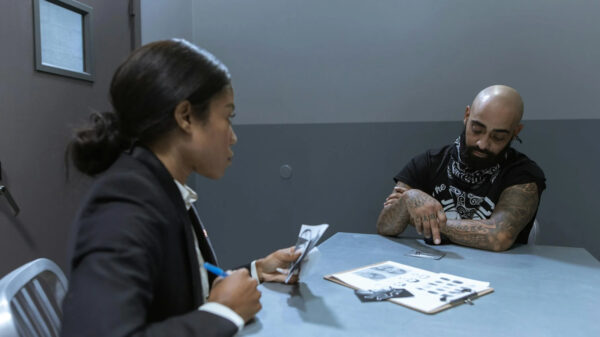
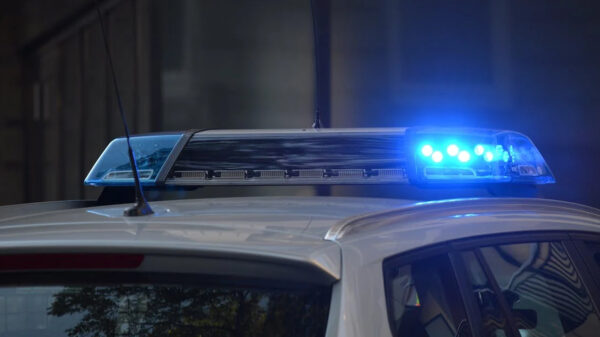
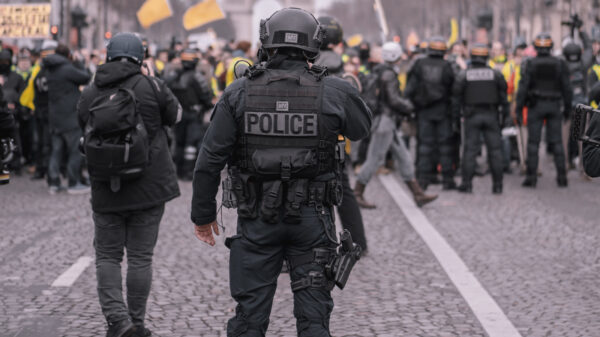
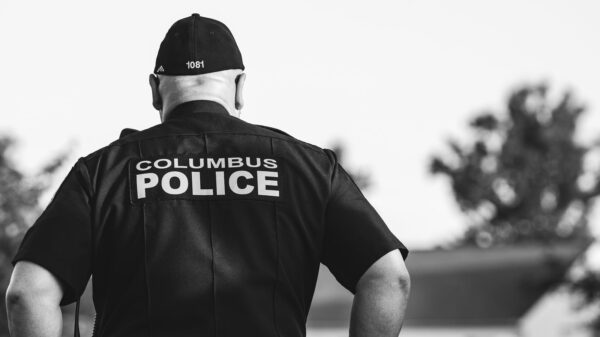

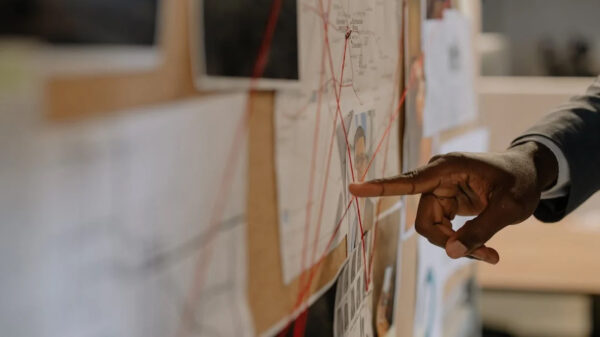
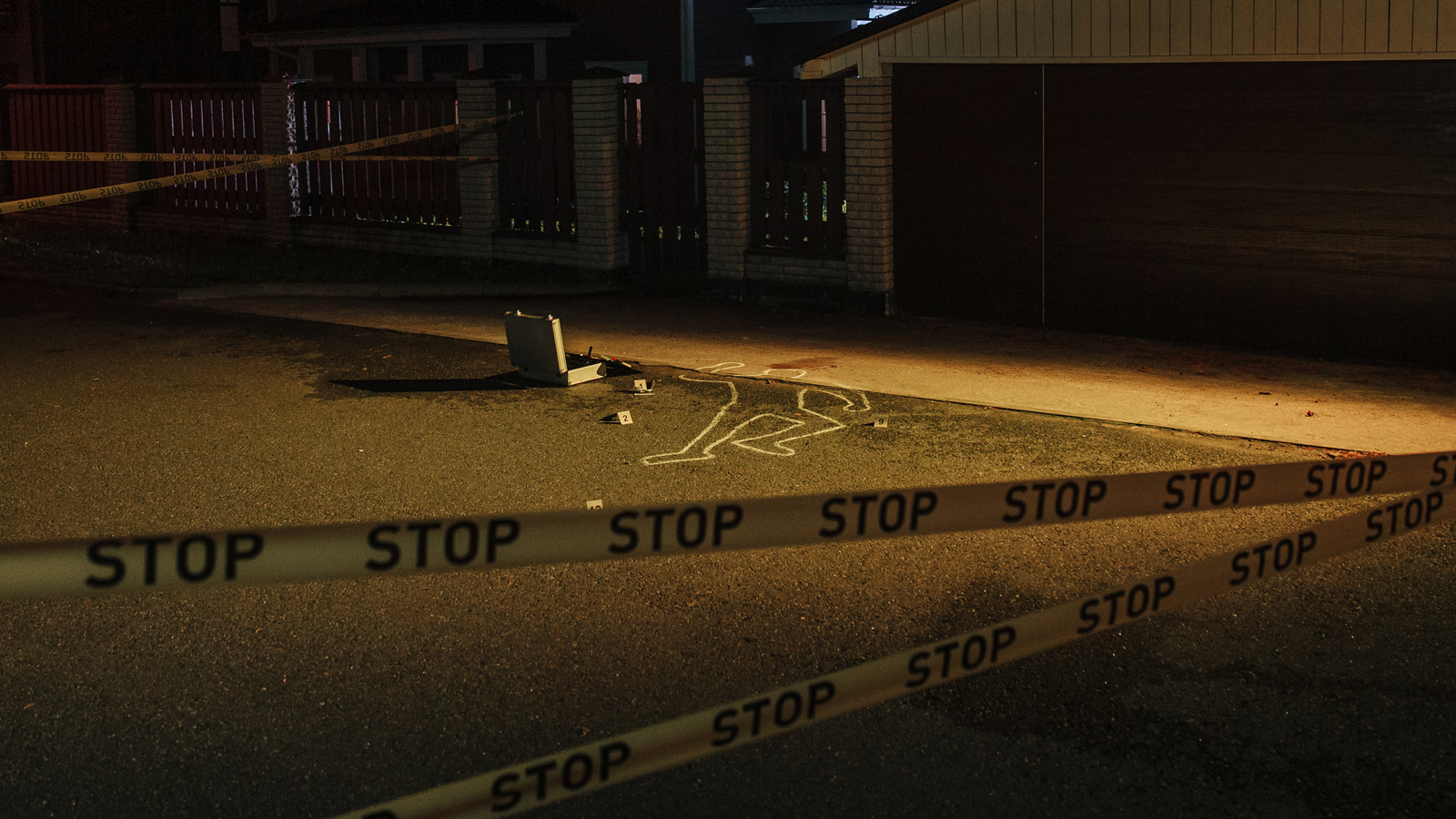


















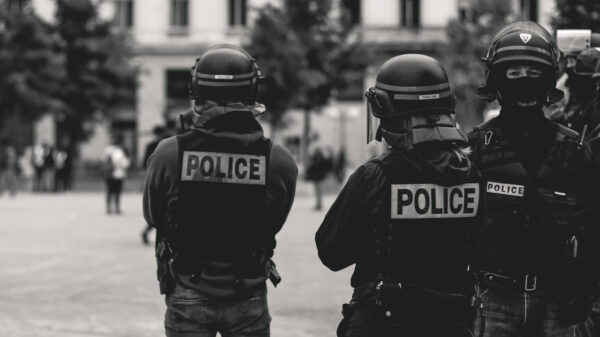





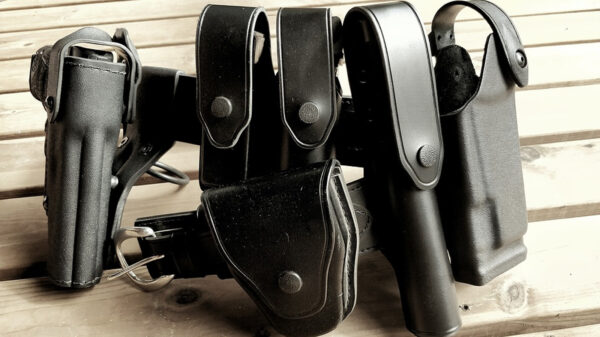


M.C. Williams
November 26, 2023 at 7:21 am
Well done brother.